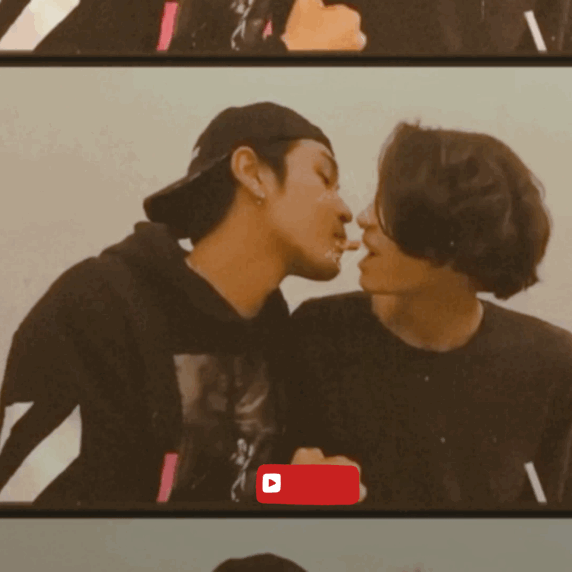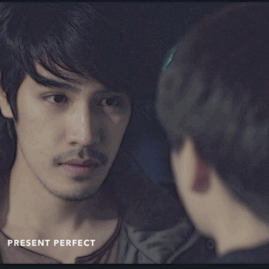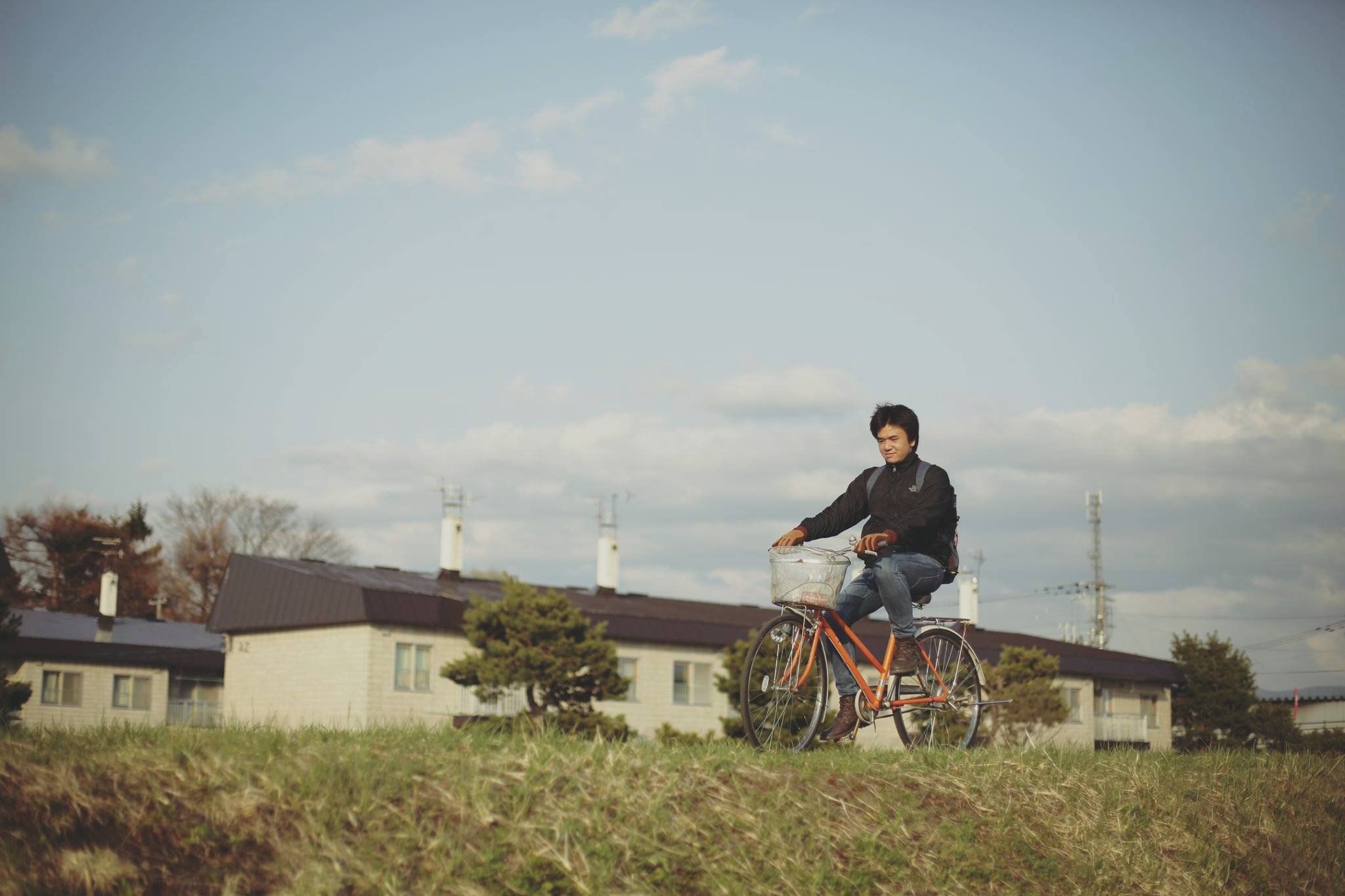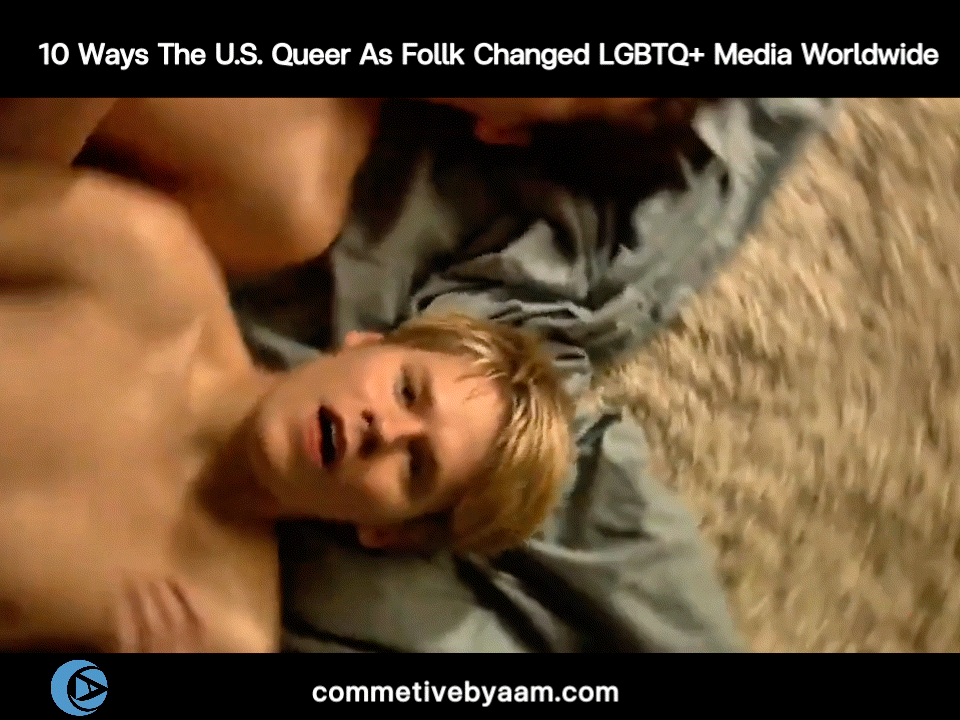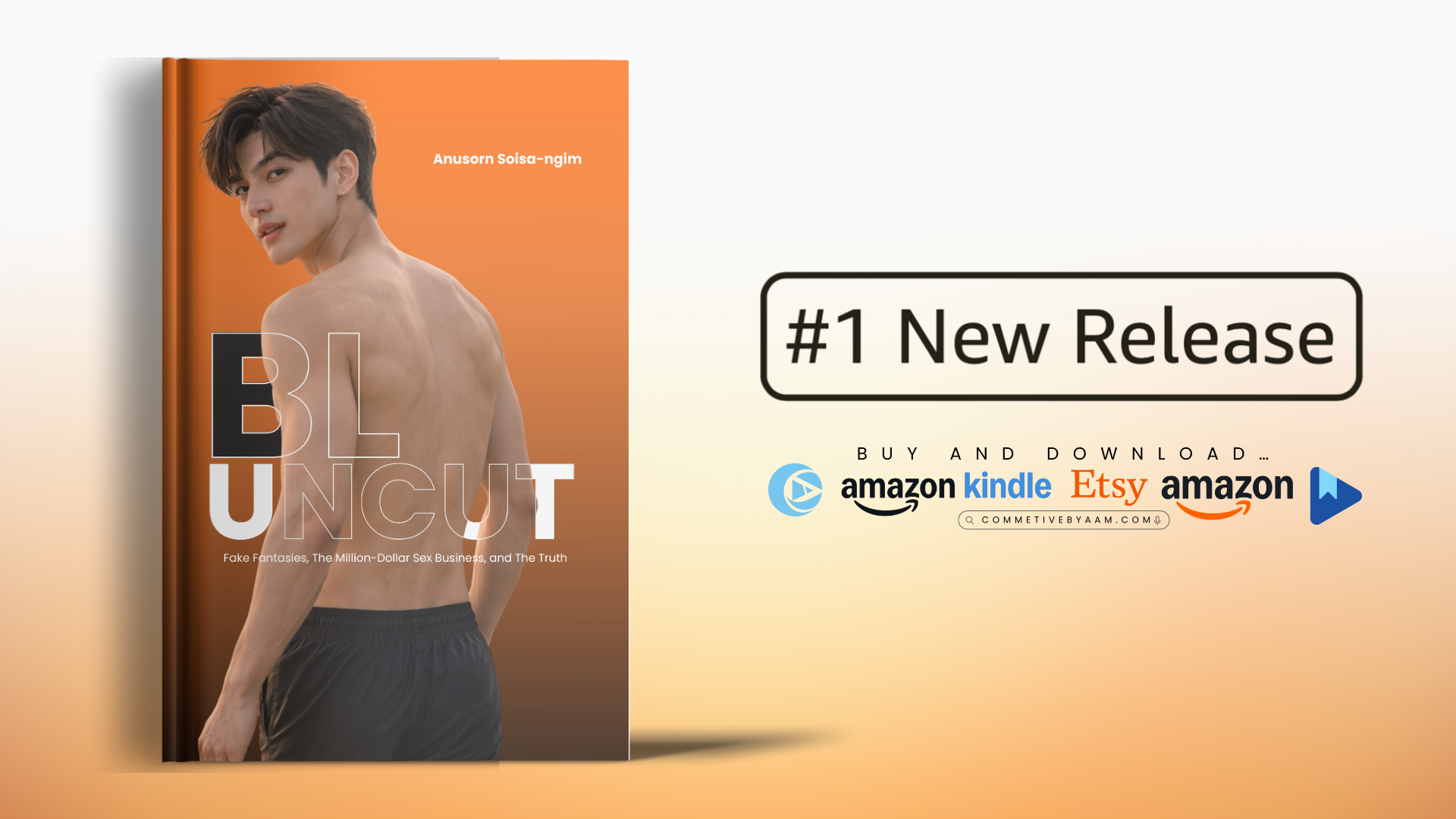Present Perfect: The Journey, The Struggles, and The Success
Experience the Classic BL Film – Click to Watch Now
You know, when I look back on the journey of Present Perfect, it feels almost surreal. It’s hard to believe that this all started with a young, freshly graduated me, trying to figure out how to make a feature film when everyone around me was saying, “It’s not your time yet.” They told me there was a “right way” to do things, that I had to work my way up, start as an assistant director, maybe become a writer, and, if I was lucky, maybe by my 40s or 50s, I’d finally get a shot at directing.
Don’t Miss Out on This Classic BL Film – Watch Now!
But I just couldn’t accept that. I had this story burning inside me, a story I wanted to tell so badly. I didn’t want to wait until I was 40; I wanted to create now. So, I did what seemed like the craziest thing—I started reaching out to film boards, production houses, and anyone who might help me make this dream real. I didn’t have any major connections or a big name behind me, just a lot of hope and a lot of emails.
Then, one day, a reply came. Out of all places, it was Japan, specifically the government of Higashikawa Town in Hokkaido. They had read my pitch, felt the sincerity in my words, and decided to take a chance on me. They offered me support, under one condition: I had to include three specific scenes that showcased their beautiful landscapes and their pristine water. This was my ticket, my way in, and I wasn’t about to let it slip by.
So, in 2016, I packed my bags and headed to Japan, this young Thai director with no major credits to his name, but with a story he believed in. And let me tell you, the experience was both amazing and challenging. We had a small team, a mix of Thai and Japanese crew members, and each day felt like a learning curve. The Japanese team was incredibly meticulous and precise; they worked at a pace that allowed them to focus on every tiny detail. Meanwhile, we Thais were used to being a bit more flexible and spontaneous, adapting to whatever came up.
At first, it was a bit overwhelming, these cultural differences on set, but gradually, we found this beautiful rhythm. We started learning from each other, respecting each other’s approaches, and I think that’s what made the film so special. It was a blend of both our worlds.
There’s this one moment that sticks with me—trying natto, this traditional Japanese food that, let’s just say, has a unique taste. It’s an acquired taste, and it was something completely new for me. I decided to include it in the film, not just as a quirky scene but as a symbol. For me, that moment of trying natto represented embracing the unknown, opening myself up to things that felt strange or even uncomfortable. That experience was as much a part of the journey as the actual filmmaking.
When the shoot wrapped, there was one last thing we did that showed just how much this film meant to us. My producer and I took separate flights back to Thailand, just to ensure that if something happened to one of us, the footage would still make it home safely. It sounds a bit dramatic, I know, but that’s how precious this project was to us. We didn’t want to risk losing it after all the hard work and challenges we’d overcome.
Now, back in Thailand, I faced another hurdle. Present Perfect wasn’t seen as a Thai film because of its Japanese producer, but it wasn’t recognized as a Japanese film either. It was sort of floating between these identities, and I jokingly started calling it a “refugee film.” It didn’t quite fit anywhere, but it was ours. It was both Thai and Japanese, a blend of cultures and perspectives, and honestly, I loved that about it.
When it premiered at the World Film Festival, I was a nervous wreck. I didn’t know how people would react to this “refugee” of a film, this story that had taken so much to bring to life. But the response? It blew me away. The audience embraced it, nearly 10 million people watched the first part on YouTube, and it went on to win Best LGBTQ Film in the Netherlands. I remember thinking, “Wow, people actually get it.” It was like they saw what I saw, felt what I felt, and that’s a feeling I’ll never forget.
The film became especially popular in Taiwan. Suddenly, I found myself with fans, people who recognized me, who followed me around just to say how much the film meant to them. It was both flattering and a little overwhelming. Here I was, just trying to tell a story, and now people were connecting with it on such a deep level. And the open ending? That sparked a whole new wave of interest. People kept asking me for a sequel, wanting to know what would happen next.
If I were to give any advice to young filmmakers, I’d say this: don’t wait for permission. If I had listened to all the voices telling me to follow the “right path,” I’d probably still be waiting to make my first film. Take the leap, trust your instincts, and don’t be afraid of a few bumps along the way.
Another thing I’d say? Use subtitles. They’re such a simple tool, but they open your work up to the whole world. Without them, I don’t think Present Perfect would have reached as many hearts as it did.
And finally, embrace mistakes. University is your playground—try everything, mess up, learn from it. Once you’re out in the real world, the stakes are higher, so take advantage of that time to find your voice, your style, your way of telling a story.
For me, Present Perfect isn’t just a film; it’s proof that sometimes, when you take a risk and follow your heart, amazing things can happen. It’s a story that came to life because I didn’t let anyone else tell me who I could be or when I could start. And if there’s one thing I’ve learned, it’s that you don’t need to fit into anyone else’s box. You just need to trust your story and let it unfold.
#PresentPerfectFilm, #IndieCinema, #FilmmakingInspiration, #LGBTQStorytelling, #YoungFilmmakers, #ThaiFilmmaker, #InternationalFilm, #HokkaidoJapan, #CreativeJourney, #FilmPassion, #DreamBig, #CrossCultural, #CinemaJourney, #IndieDirector, #FilmCommunity, #FilmFestivalWin, #InspireCreativity, #WorldCinema, #FollowYourStory, #HeartfeltStorytelling




